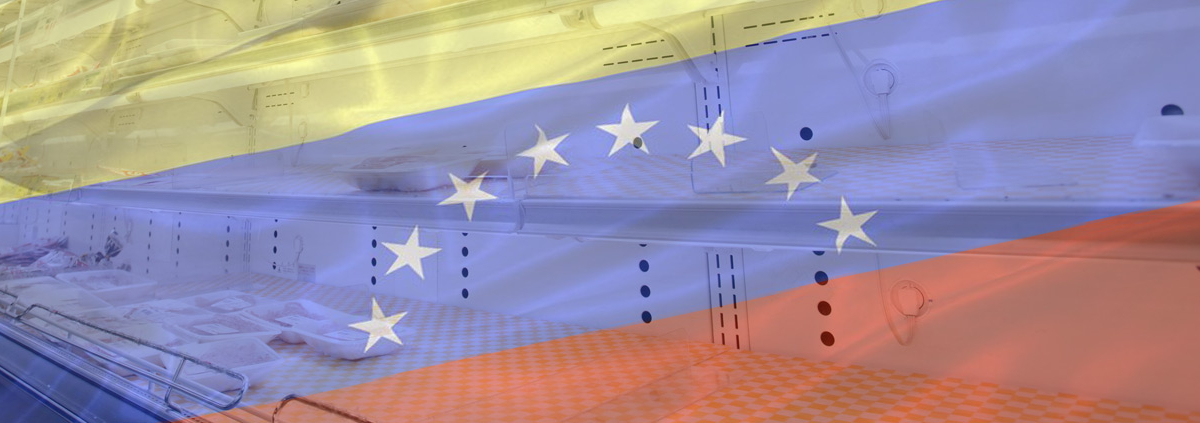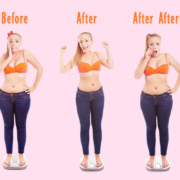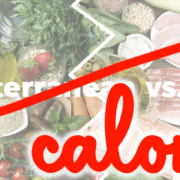Losing Weight with the Maduro Diet
“Diets don’t work!” is a mantra of just about every health expert who doesn’t have a diet to sell. “I’ve tried eating less, and even counted every calorie, and I still can’t lose weight!” is something I’ve heard for the 30 years I’ve been doing what I do. Both statements are false.
Before you start your response or unsubscribe, read the rest. There’s a food crisis in Venezuela brought on by the government. I’m not talking about the merit of political systems, but the effect is a continuing lack of food for years now. It’s been referred to as the Maduro diet, named after the president of the country. As a result, the citizens have continued to lose weight. Some accounts have it as an average of 17 pounds in 2016 and another 24 pounds in 2017; I can’t verify the precise numbers. Hyperinflation also contributes to the food shortage; currently it’s 18,000%. One woman held up a plantain and said it cost as much as she’d paid for her house several years before. Some stores don’t count money, they weigh it. Let that sink in.
When people eat fewer calories than they need, they lose weight. The difference is that we’re fortunate that it’s a choice in the U.S., Canada, Australia, and most of Europe. It’s not optional in Venezuela. There’s simply not enough food and therefore, as a nation, they’re all losing weight.
Look at pictures of the populace in North Korea and you’ll see the same effect. In both countries, the leaders look very well fed, to put it politely. I have to think that makes hungry citizens even more resentful.
If you were not given a choice in the quantity of food you could eat per day, no matter where those calories come from, you would lose weight. Period. But most of us are fortunate to be able to make a series of food choices all day long, and that makes it extremely complicated. Still, it’s your body. It’s your choice. Choose wisely today and every day.
What are you prepared to do today?
Dr. Chet









